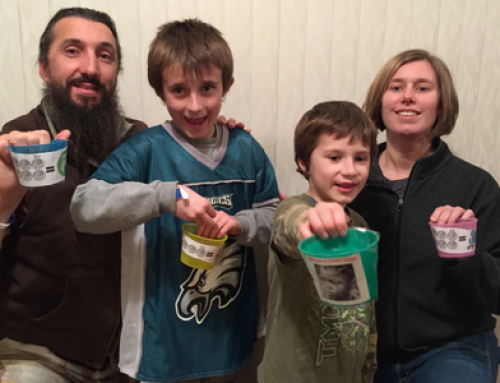Summer is the season of adventure, exploration, and new experiences. We LOVE IT!
But, as millions of Americans hit the road, skies, and seas, something sinister that could be hiding in plain sight: human trafficking. It’s a grim reality, but by recognizing signs of human trafficking and reporting it, your travels could save a life.
Understanding Human Trafficking
Human trafficking involves the exploitation of individuals through force, fraud, or coercion for purposes such as forced labor, sexual exploitation, and involuntary servitude. While Life for the Innocent’s work focuses on children in South Asia, it’s a widespread issue everywhere, including in the United States. Traffickers often exploit peak travel seasons, including summer, to move victims undetected.
Recognizing the Signs of Human Trafficking
- Restricted Freedom: Often cannot come and go as they wish and may be under constant supervision.
- Poor Living Conditions: Multiple people living in cramped spaces, poor hygiene, and insufficient food.
- Lack of Personal Possessions: May have few personal belongings, no identification documents, or money.
- Unusual Behavior: Fearful, anxious, or submissive behavior, especially around their “employer” or “partner.”
- Signs of Abuse: Physical injuries, malnourishment, or other indications of physical or psychological abuse.
- Inconsistent Stories: Incoherent or scripted responses and inconsistencies in their story about how they came to be in their situation.
How to Report Human Trafficking
- National Human Trafficking Hotline: Call 1-888-373-7888 or text “HELP” to 233733 (BEFREE). This hotline is available 24/7 and offers services in multiple languages. Your report can be anonymous. No detail is too small!
- Local Law Enforcement: Contact local police or sheriff’s office. Explain why you suspect human trafficking and provide as much detail as possible.
- 911: If the situation is urgent and someone is in immediate danger, call 911.
- Travel Industry Hotlines: Many airlines, hotels, and transportation companies have hotlines or procedures for reporting suspected trafficking. Check with the company you’re using.
- Online Reporting: The National Human Trafficking Hotline also accepts reports online at their website.
What Information to Provide
When reporting suspected human trafficking, the more details you can provide, the better:
- Description of the Situation: What you observed that led you to believe it’s a case of human trafficking.
- Location: Exact address or landmarks.
- Time and Date: When did the incident occur?
- Description of Individuals Involved: Physical appearance, clothing, and any distinguishing features.
- Vehicle Info: License plate number, make, model, and color if a vehicle is involved.
As you embark on summertime adventures, remember your awareness can make a significant impact in the fight against human trafficking. Stay vigilant, listen to your gut, and ENJOY your summer knowing you’re part of the solution!



